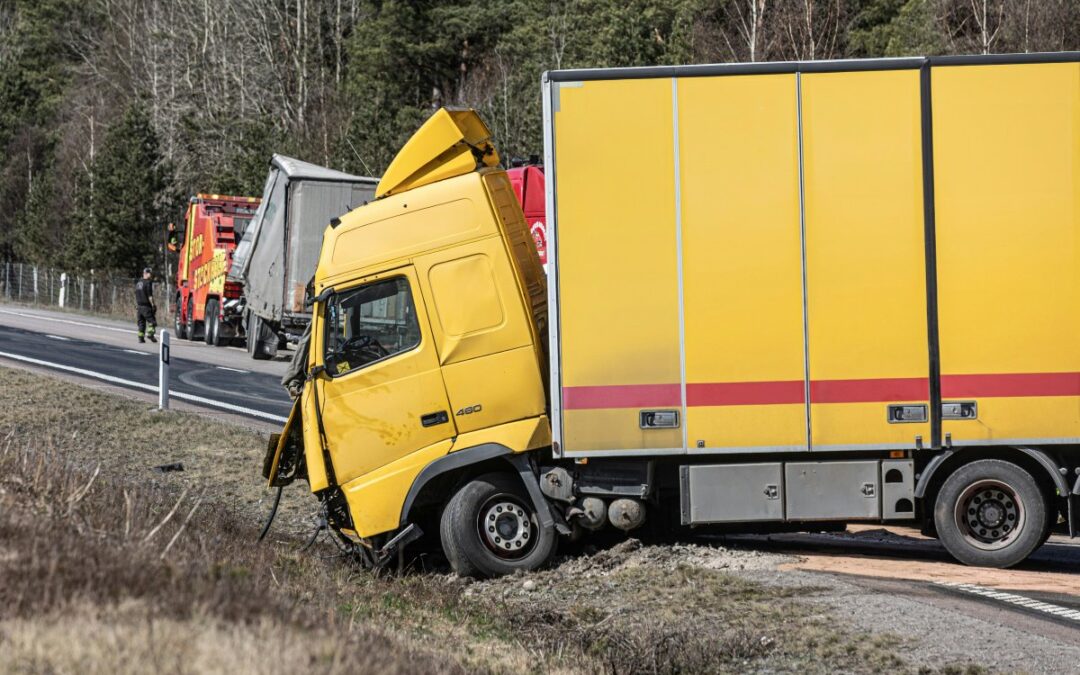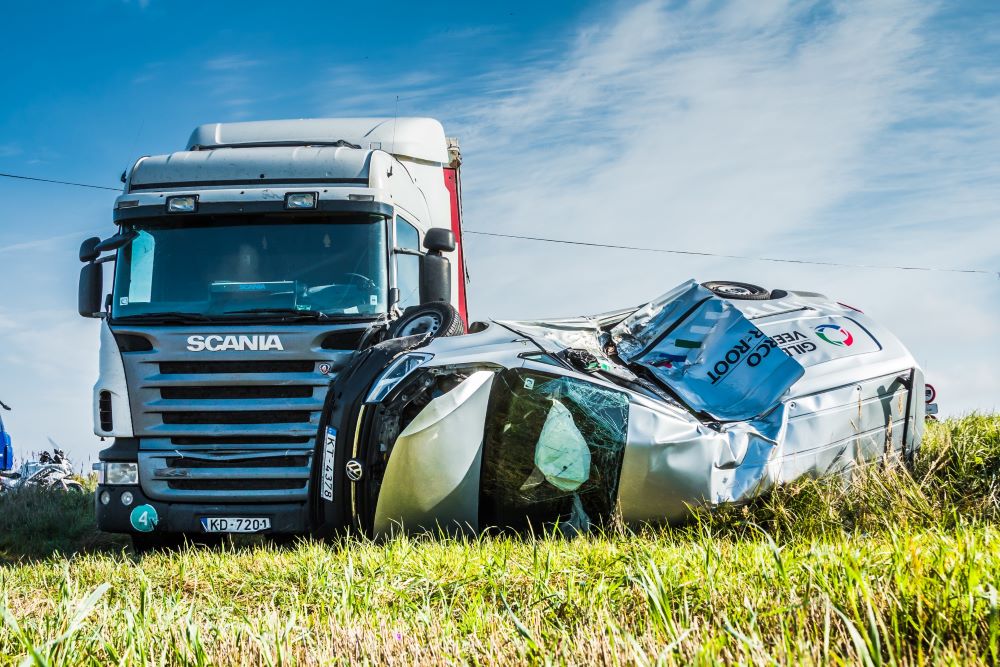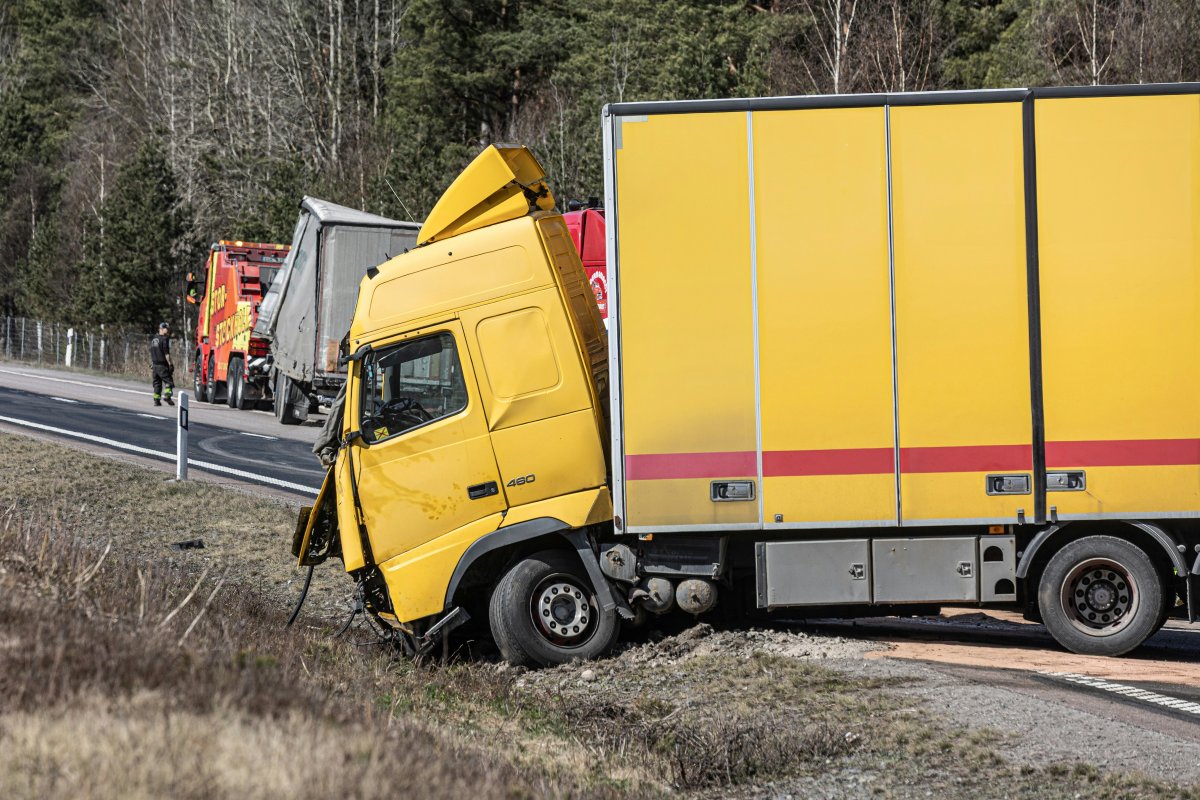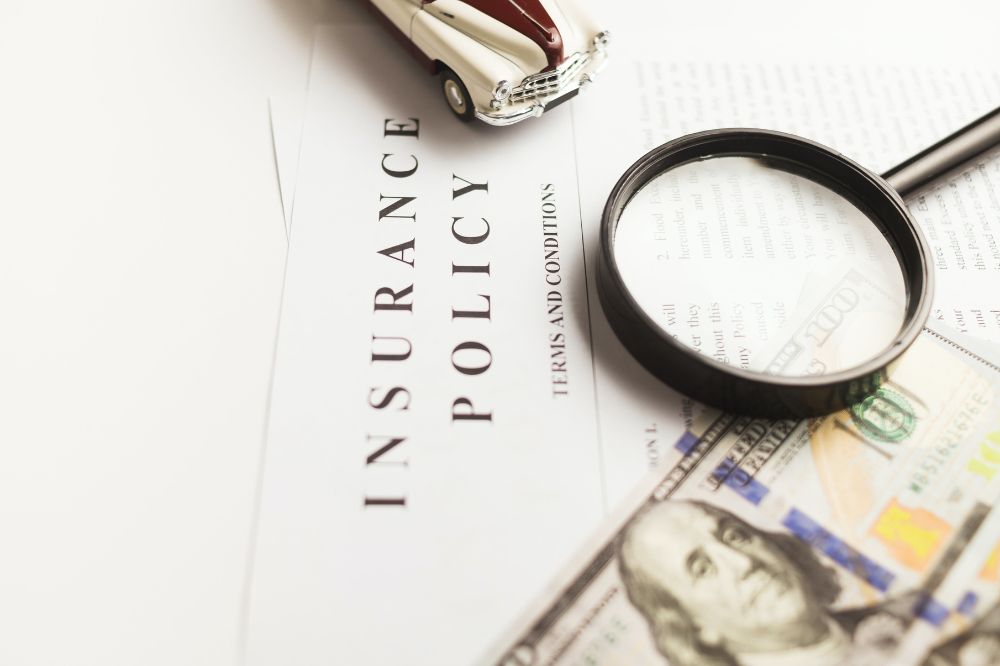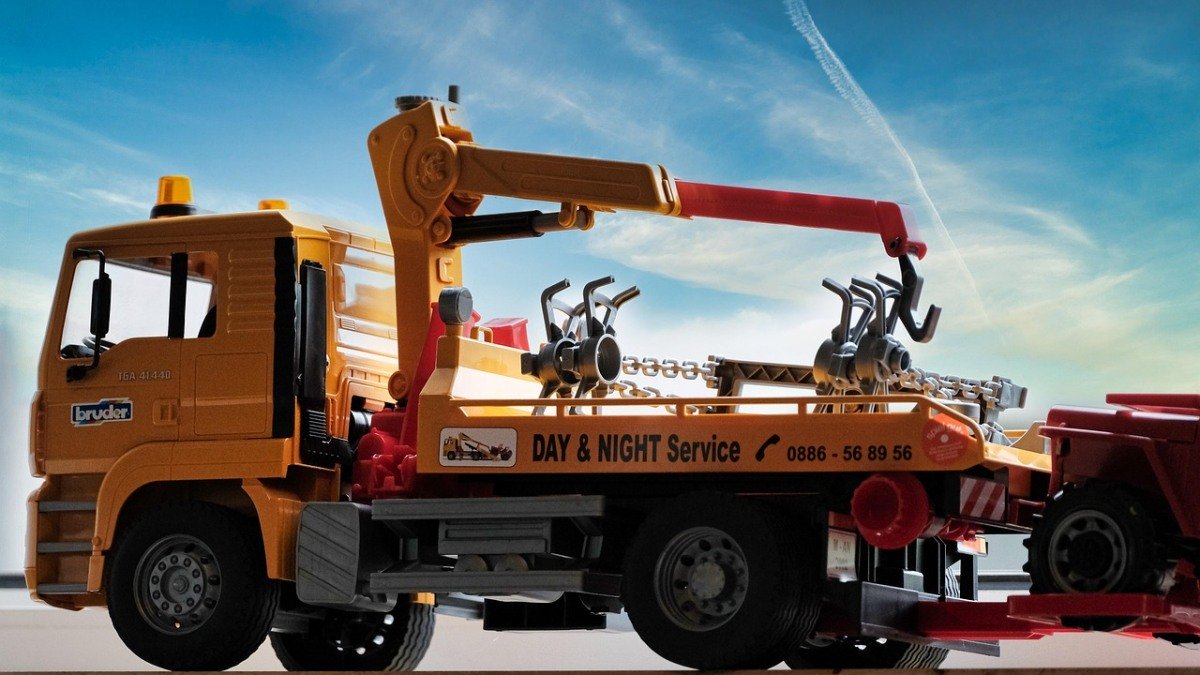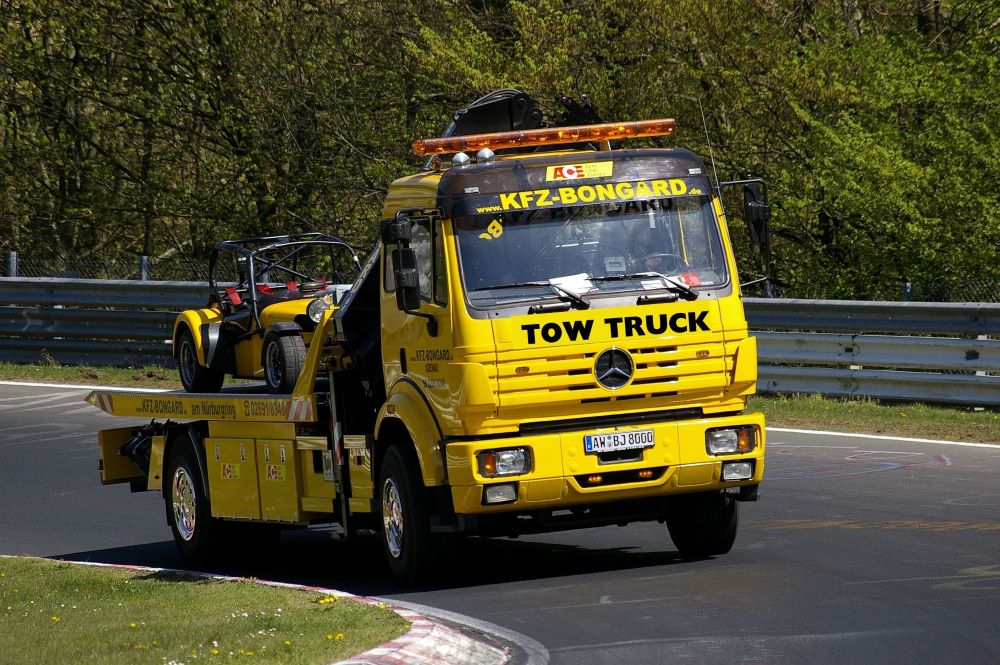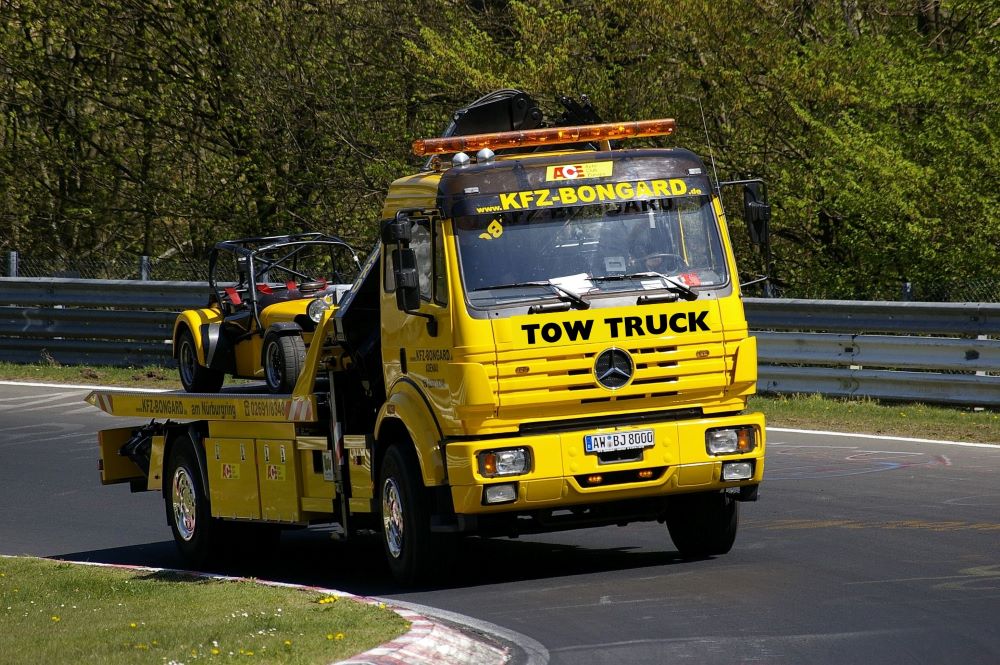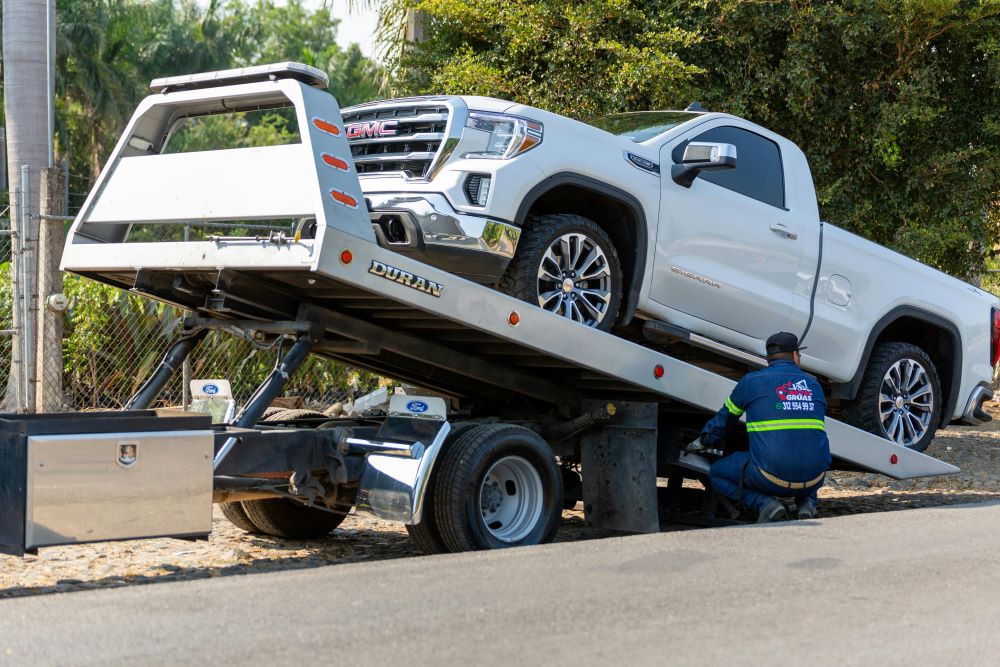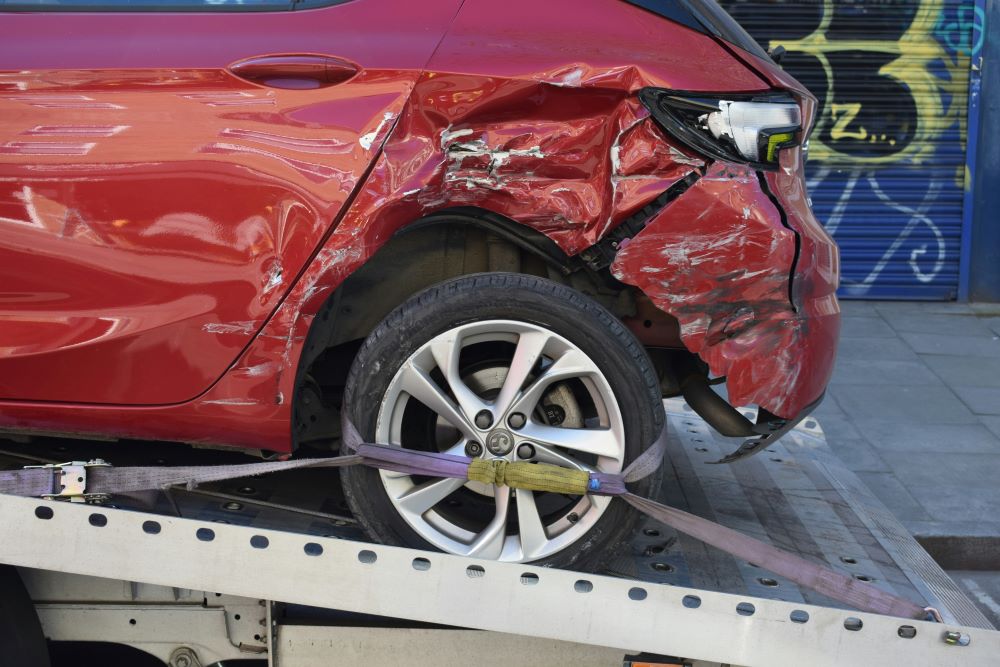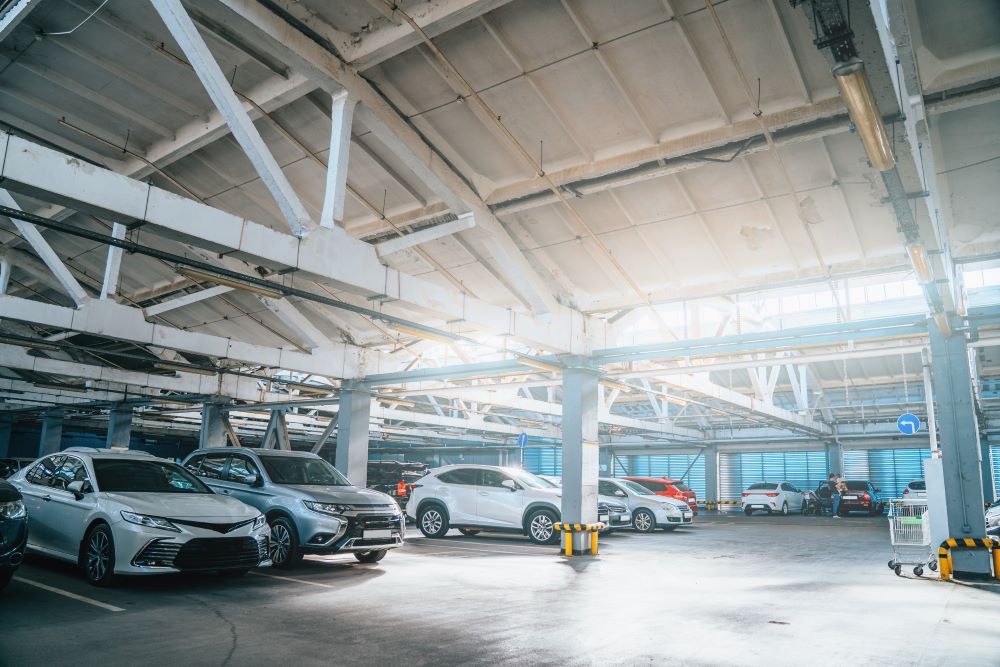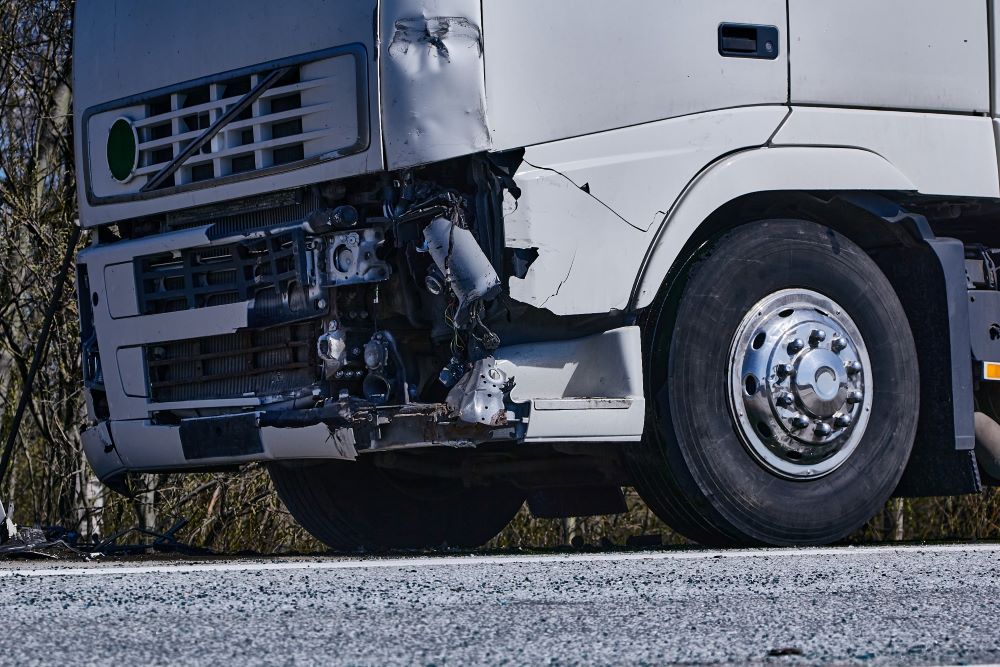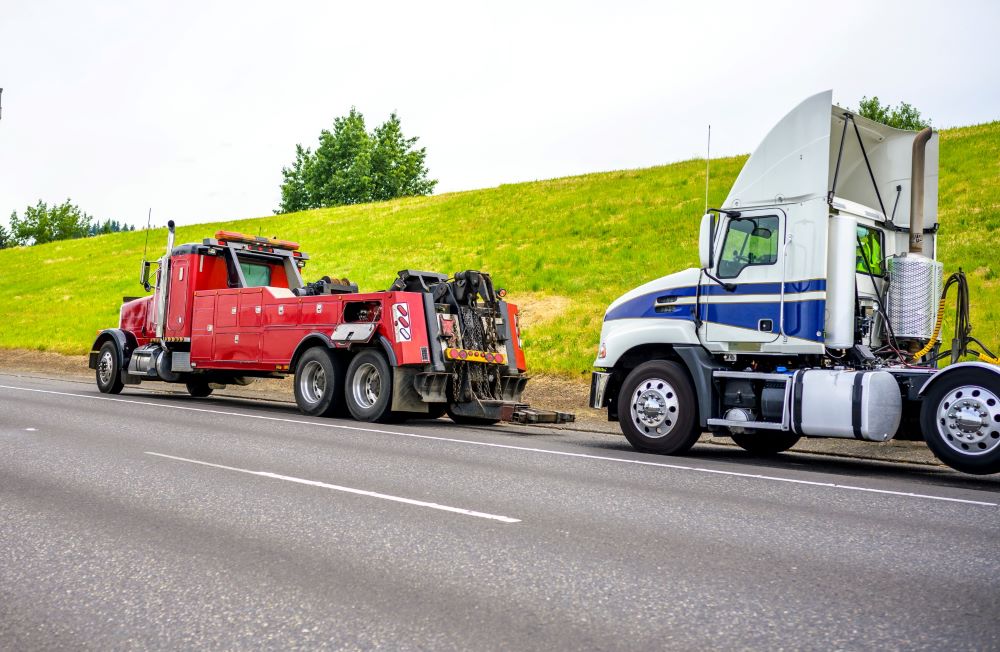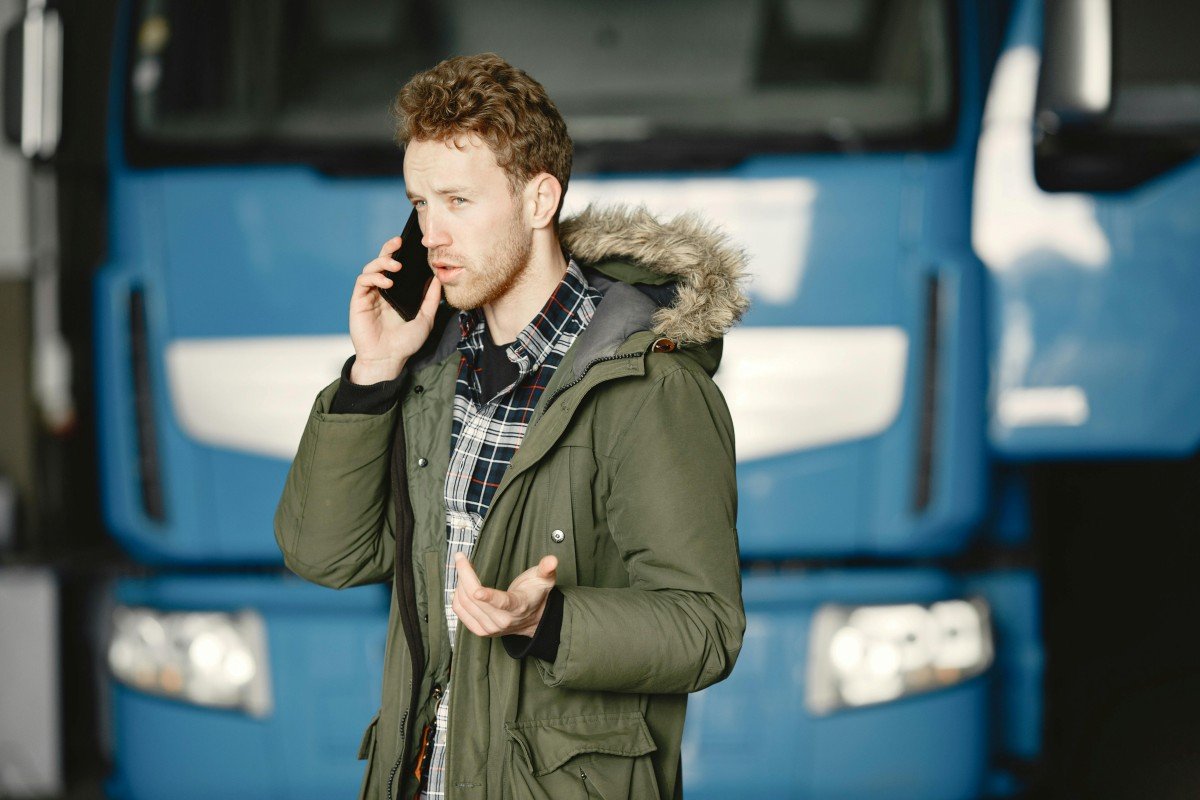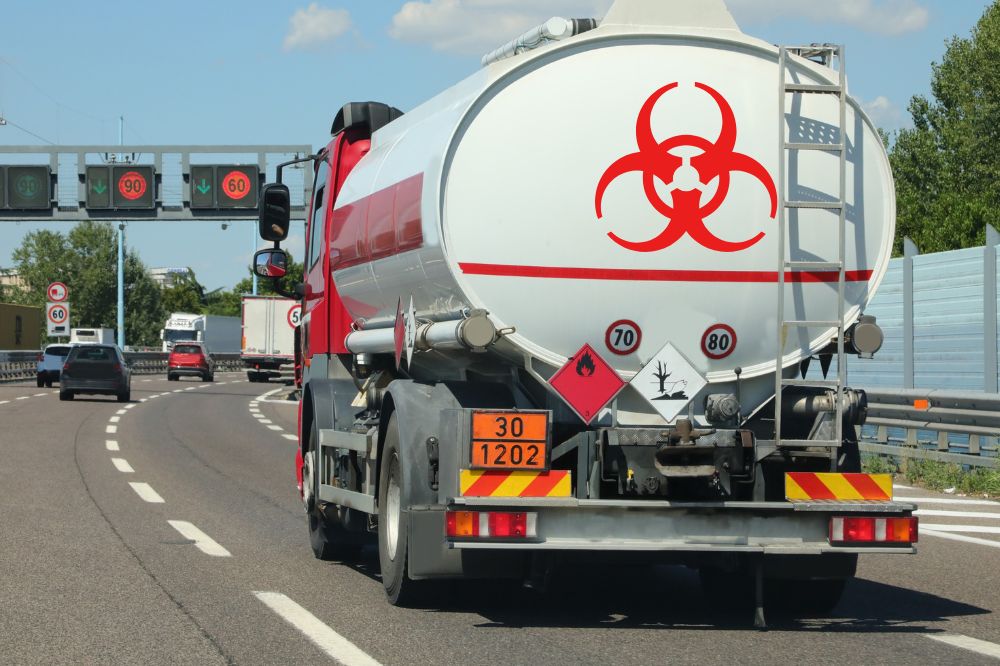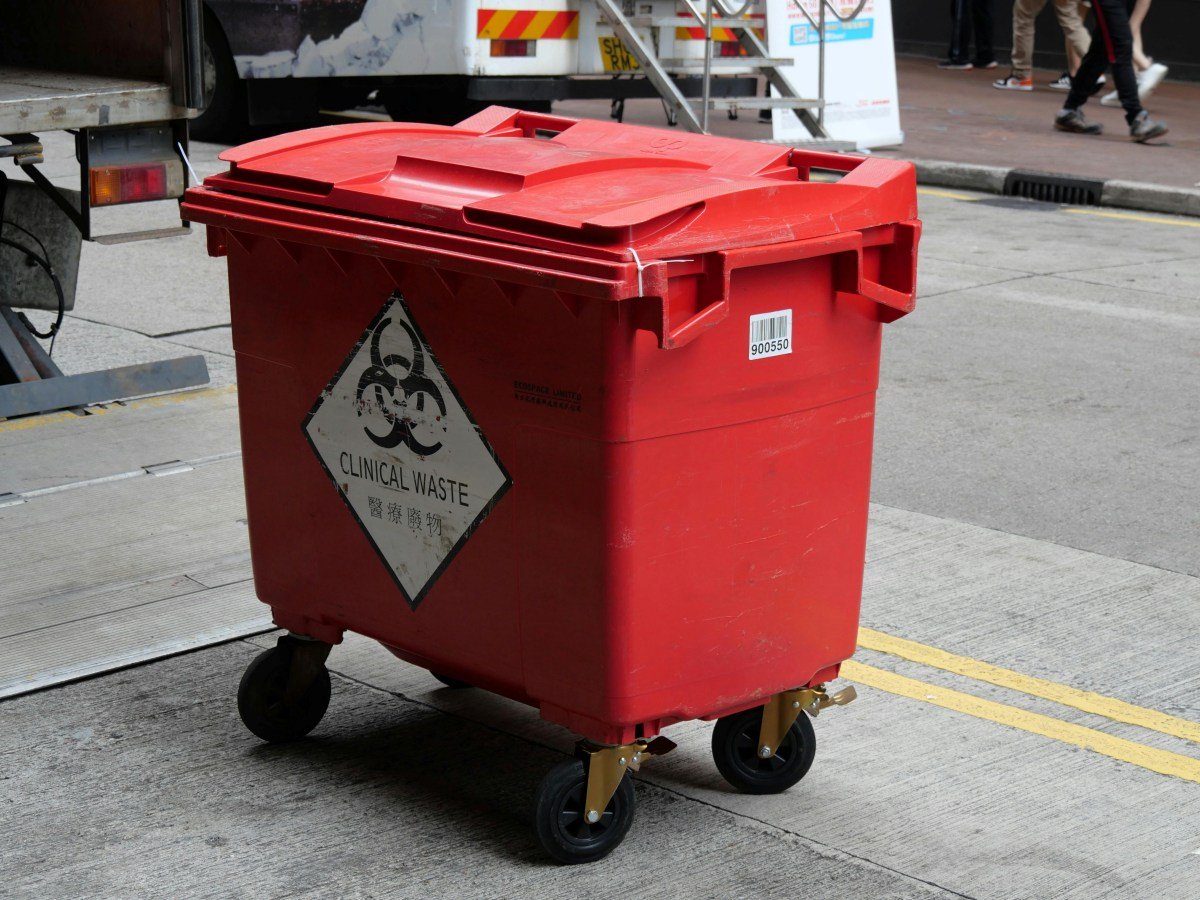Understanding Gap protection is essential for those leasing or financing their trucks. It proves valuable when your business vehicle is stolen or deemed a total loss in an accident, and you still owe on the loan.
While gap insurance is typically supplemental, it’s worth considering shielding your business from unforeseen financial setbacks that could disrupt operations. Need to grasp what gap insurance is, how it operates, and who requires it?
Here’s a brief guide to help you understand everything and determine if it’s necessary for you.
What Is Gap Insurance?
Gap insurance stands for guaranteed asset protection insurance. It’s an add-on insurance coverage that protects you if an unrecovered theft or total loss of your truck occurs.
If your loaned or leased business vehicle is stolen or irreparably damaged in an accident and you still owe money on your loan, your insurance company will typically compensate you based on the vehicle’s actual cash value or its stated value at the time of the incident.
This reimbursement reflects the current market value of a similar vehicle, not necessarily the amount you initially paid for the vehicle or the remaining loan balance.
Because vehicles depreciate fast, losing about 20% of their purchase value within a year, the actual value amount your insurer pays will probably not be enough to clear your outstanding loan balance. And this is where gap coverage comes in.
Gap insurance helps cover the difference between your insurer’s standard comprehensive or collision coverage payout and the remaining loan or lease balance. So you can clear the amount you owe your lender and avoid making loan payments for a truck that no longer exists or is inoperable.
To qualify for gap coverage, you must have other auto-insurance coverage options, specifically comprehensive or collision coverage, on your policy.
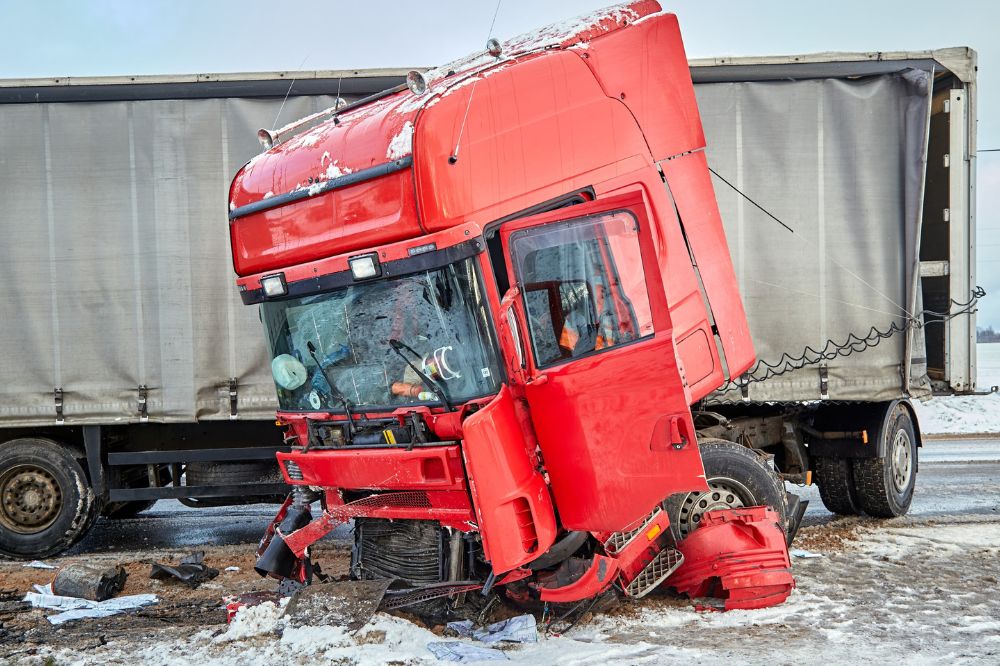
What Does Gap Insurance Cover?
Unlike most types of commercial truck insurance, GAP insurance coverage does not cover bodily injuries or pay for property damages and repairs. Instead, it works as a safety net, helping you clear your outstanding loan balance if you suffer total loss for your truck.
Also, note that GAP insurance doesn’t cover extra charges associated with your loan, like finance and excess mileage charges.
Who Should Get A Gap Insurance Cover?
Consider purchasing gap insurance coverage if you:
- Are operating on a lease. Gap insurance is a requirement for obtaining a lease from most lenders.
- Have a long financing term for your truck. The longer you finance your vehicle, the higher the chance you’ll owe more than the vehicle’s worth, since your truck will continue to depreciate with time.
- Have a low down payment on your new truck purchase or none. If the down payment you made when buying your vehicle was less than 20% (or none) of its purchase price, you’ll probably get negative equity once you leave the dealership. It will be wise for you to purchase gap coverage to protect your business from negative equity.
- Want to protect your business assets from depreciation? Some vehicles depreciate faster than others. You’ll benefit from gap insurance if your truck falls under this category. Here’s how to calculate your vehicle’s depreciation rate to determine if gap coverage is necessary.
- Have a loan rollover. Say you transfer your existing car loan balance onto a new vehicle loan. If your new loan is more than your vehicle’s worth at the time of loan renewal, gap coverage will be helpful to you.

What Is The Difference Between Gap Insurance And Commercial Auto Insurance?
Commercial auto insurance is mandatory for businesses to operate in nearly all states. It covers all the cars your company uses for business, offering protection against specific risks, including collision and non-collision incidents and their aftermath.
Gap insurance works as an optional add-on coverage. You’ll have to purchase other commercial auto insurance policies before getting it to boost your financial stability. Gap insurance also works well for the business vehicles you finance through a loan or lease – it doesn’t apply to all commercial vehicles like commercial auto insurance.
Further, gap protection doesn’t cover various risks as commercial auto liability insurance does. Instead, gap insurance covers the difference between your truck’s actual cash value and the amount you owe your leasing agency or lender.
How Long Does Gap Insurance Last?
Once you include gap coverage in your insurance policy, it remains active for the duration of the policy. But you can cancel it when you keep making payments and reduce your loan balance to less than your vehicle’s current value. You’ll have to monitor your loan balance against your truck’s market value regularly to know when to cancel the insurance.
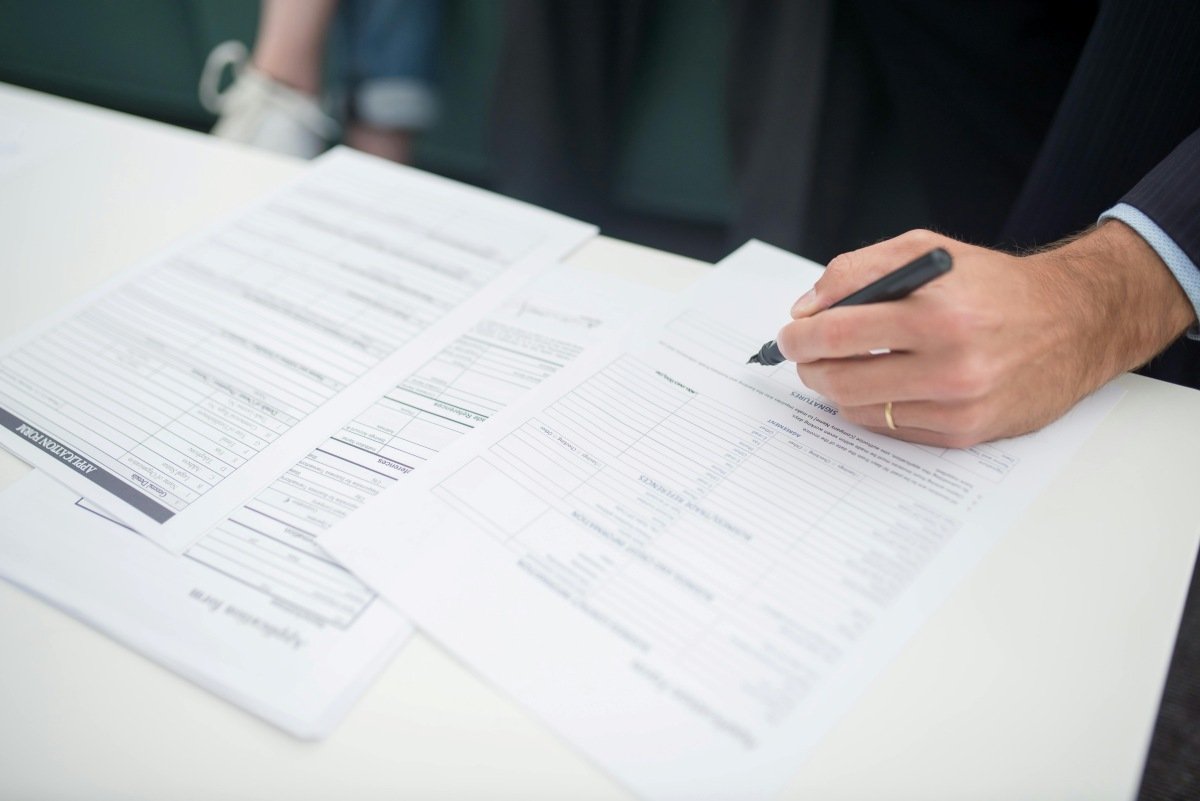
How To Purchase Gap Insurance
The simplest, most affordable way to purchase gap insurance is to check with your insurer and see if they can include it in your existing policy. If not, consider getting it from a trusted vehicle financing institution like Mission Financial Services. You can also get gap insurance from car dealerships, although their price will likely be higher than most insurance companies.
Final Thoughts
Although optional, Gap coverage is essential, especially if you’re on a loan or lease repayment plan. It will save you from paying loan debt on a totaled truck, i.e., a truck that can no longer make you money.
Also, some providers offer additional benefits with their gap insurance packages and at low costs. With Mission Financial Services gap protection, for example, you’ll be fully covered (including reimbursement for your insurance deductible) after an unrecovered theft or total loss event.
You can enjoy the peace of mind you need to grow your business, knowing you won’t have to pay anything out-of-pocket in the unfortunate event you lose your loaned truck before clearing its loan.
To learn more about how our add-on coverage options work or how we can help finance your new or used commercial truck purchase after a total loss, reach out to us. We’re always ready to help you thrive.


